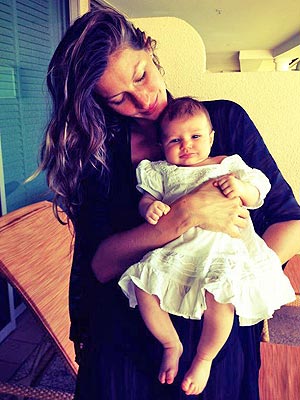Deep-fried foods may be causing trouble in the Deep South. People whose diets are heavy on them and sugary drinks like sweet tea and soda were more likely to suffer a stroke, a new study finds.
It's the first big look at diet and strokes, and researchers say it might help explain why blacks in the Southeast — the nation's "stroke belt" — suffer more of them.
Blacks were five times more likely than whites to have the Southern dietary pattern linked with the highest stroke risk. And blacks and whites who live in the South were more likely to eat this way than people in other parts of the country were. Diet might explain as much as two-thirds of the excess stroke risk seen in blacks versus whites, researchers concluded.
"We're talking about fried foods, french fries, hamburgers, processed meats, hot dogs," bacon, ham, liver, gizzards and sugary drinks, said the study's leader, Suzanne Judd of the University of Alabama in Birmingham.
People who ate about six meals a week featuring these sorts of foods had a 41 percent higher stroke risk than people who ate that way about once a month, researchers found.
In contrast, people whose diets were high in fruits, vegetables, whole grains and fish had a 29 percent lower stroke risk.
"It's a very big difference," Judd said. "The message for people in the middle is there's a graded risk" — the likelihood of suffering a stroke rises in proportion to each Southern meal in a week.
Results were reported Thursday at an American Stroke Association conference in Honolulu.
The federally funded study was launched in 2002 to explore regional variations in stroke risks and reasons for them. More than 20,000 people 45 or older — half of them black — from all 48 mainland states filled out food surveys and were sorted into one of five diet styles:
—Southern: Fried foods, processed meats (lunchmeat, jerky), red meat, eggs, sweet drinks and whole milk.
—Convenience: Mexican and Chinese food, pizza, pasta.
—Plant-based: Fruits, vegetables, juice, cereal, fish, poultry, yogurt, nuts and whole-grain bread.
—Sweets: Added fats, breads, chocolate, desserts, sweet breakfast foods.
—Alcohol: Beer, wine, liquor, green leafy vegetables, salad dressings, nuts and seeds, coffee.
"They're not mutually exclusive" — for example, hamburgers fall into both convenience and Southern diets, Judd said. Each person got a score for each diet, depending on how many meals leaned that way.
Over more than five years of follow-up, nearly 500 strokes occurred. Researchers saw clear patterns with the Southern and plant-based diets; the other three didn't seem to affect stroke risk.
There were 138 strokes among the 4,977 who ate the most Southern food, compared to 109 strokes among the 5,156 people eating the least of it.
There were 122 strokes among the 5,076 who ate the most plant-based meals, compared to 135 strokes among the 5,056 people who seldom ate that way.
The trends held up after researchers took into account other factors such as age, income, smoking, education, exercise and total calories consumed.
Fried foods tend to be eaten with lots of salt, which raises blood pressure — a known stroke risk factor, Judd said. And sweet drinks can contribute to diabetes, the disease that celebrity chef Paula Deen — the queen of Southern cuisine — revealed she had a year ago.
The National Institute of Neurological Disorders and Stroke, drugmaker Amgen Inc. and General Mills Inc. funded the study.
"This study does strongly suggest that food does have an influence and people should be trying to avoid these kinds of fatty foods and high sugar content," said an independent expert, Dr. Brian Silver, a Brown University neurologist and stroke center director at Rhode Island Hospital.
"I don't mean to sound like an ogre. I know when I'm in New Orleans I certainly enjoy the food there. But you don't have to make a regular habit of eating all this stuff."
___
Marilynn Marchione can be followed at http://twitter.com/MMarchioneAP











